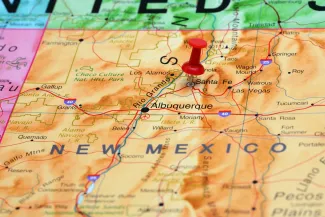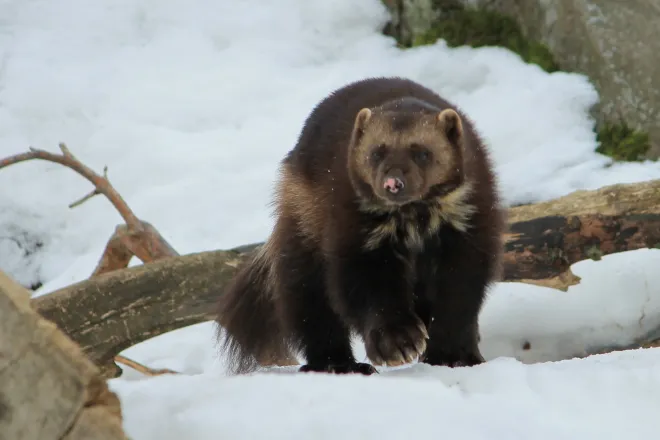
New Mexico lawmakers weigh bills to protect air, land, water for future generations
Click play to listen to this article.
Recognizing climate change is not isolated to certain parts of New Mexico, legislators are considering bills to help protect the state's air, land and water.
One in three counties in the state has experienced devastating fire and flood damage in recent years.
Shelley Mann-Lev, executive director of the advocacy group Healthy Climate New Mexico, a group of public health professionals and students who believe climate change is the greatest threat to residents' health, as well as the state's ability to provide health care in local communities, said the effects are far-reaching.

"It's not just chronic diseases," Mann-Lev pointed out. "Heat, flooding, fires, drought are creating incredible health threats and if we don't take action, we'll make it so that we will not have a livable future."
According to the 2024 Conservation in the West poll, 59 percent of New Mexicans consider climate change a "very" or "extremely serious" issue. Mann-Lev noted the bills would address climate change head-on to achieve the state's goal of reducing greenhouse gases by 45 percent by 2030, compared to 2005 levels.
New Mexico experienced its largest and most destructive wildfire in the state's history in 2022. But Mann-Lev stressed residents' health is also affected by wildfires as far away as California or Montana, depending on wind conditions.
"Part of what makes us as New Mexico so vulnerable is that so many people in our population already have serious health problems," Mann-Lev observed. "We already have higher rates of child asthma."
New Mexico also is the second-largest oil-producing state in the U.S. behind Texas, and the nation's top natural gas producer. Mann-Lev believes the legislation would align pollution reduction goals.
"We also can demonstrate that an important oil and gas producing state can make the investments and make this transition in a way that sustains our economy, supports our communities in the process," Mann-Lev contended. "So that it's not just being done 'to them,' it's being done with them."
She added the state's Community Benefit Fund would invest $340 million in infrastructure, workforce development, renewable energy projects, energy efficiency upgrades and more.















